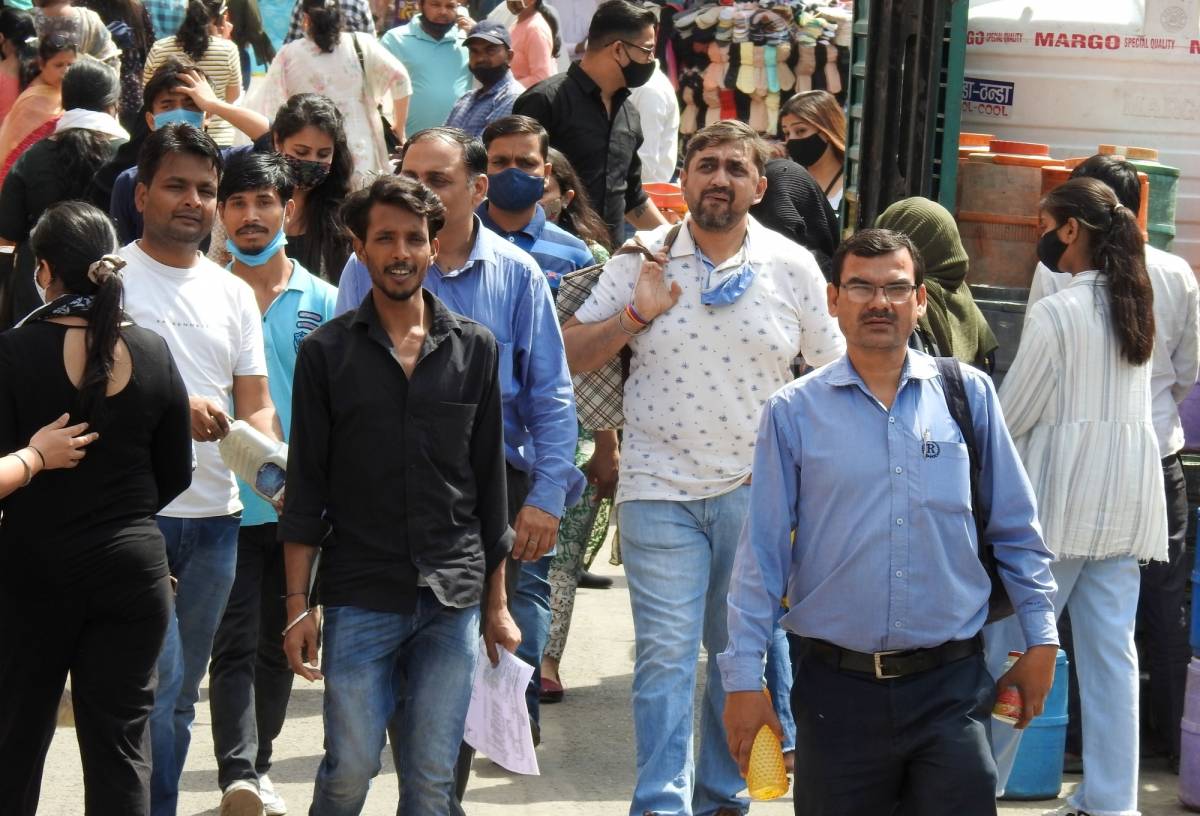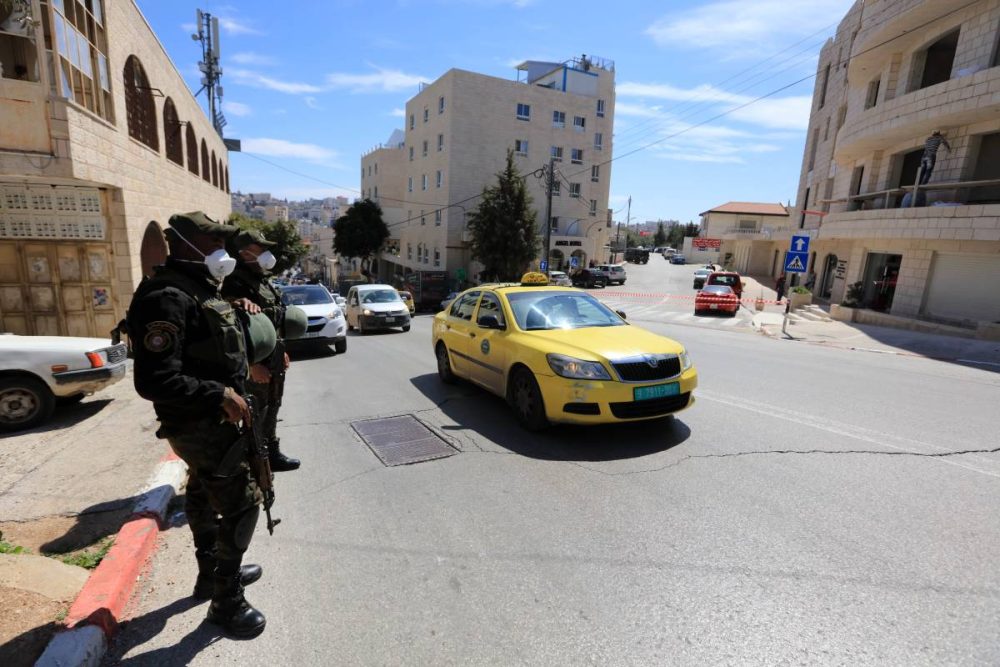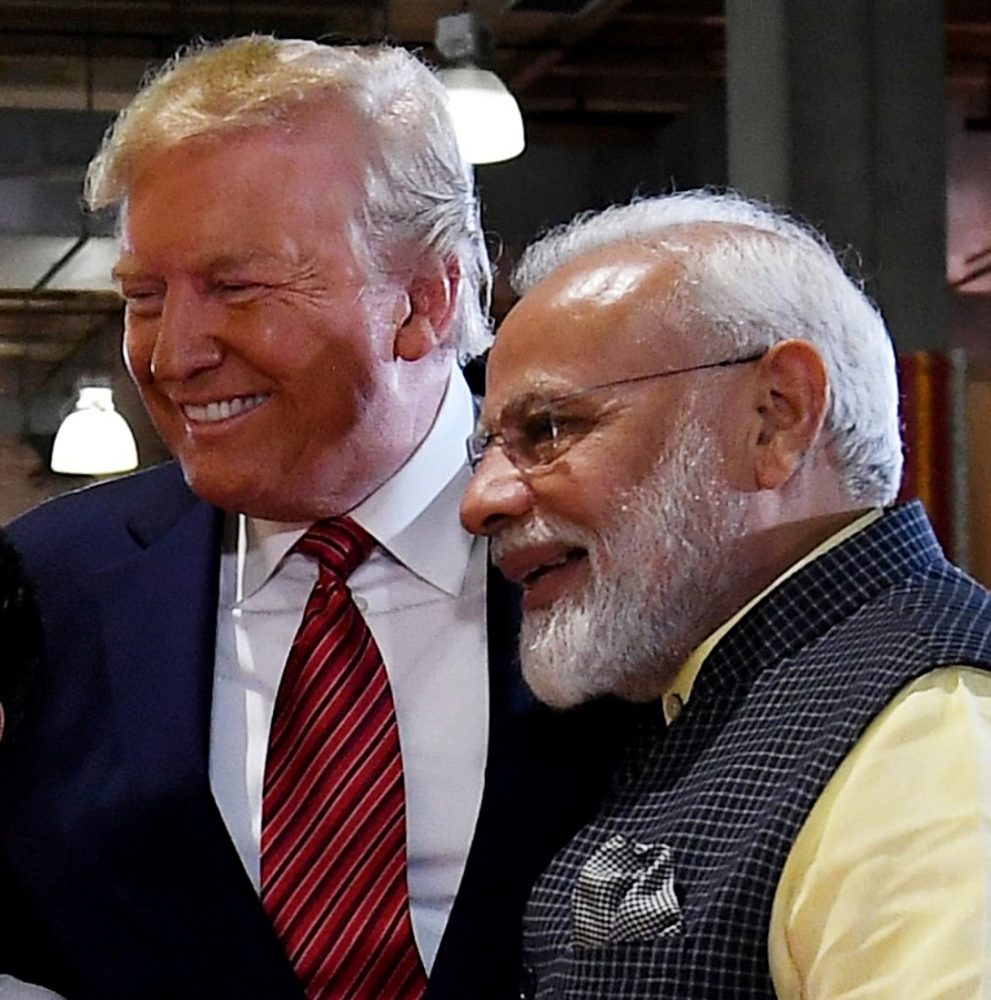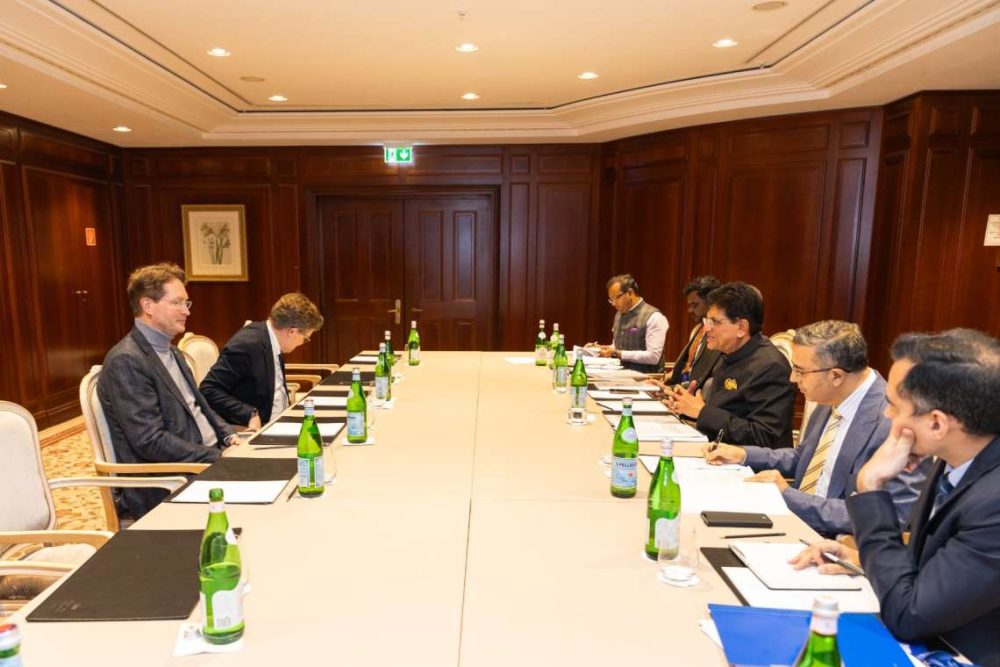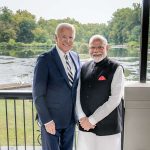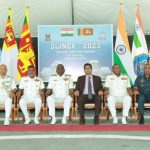Only 25 matters could be raised by members with the permission of the chair and only 60 Special Mentions could be made, during the entire session…reports Asian Lite News
Due to face-offs between the Opposition and the government, over 47 hours were lost while the business was conducted for more than 35 hours in the 257th session of Rajya Sabha that had commenced on July 18.
The House had 16 sittings. However, more than 47 hours were lost due to interruptions, “which is a sad reflection on the functioning of the Upper House of Parliament”, said the outgoing Chairman, M. Venkaiah Naidu on Monday.
“The session was characterised by regular and continuous disruptions, which deprived members of the opportunity to discuss matters of urgent public importance and seek the accountability of the executive through questions,” he said.
Of the 235 starred questions admitted, only 61 could be answered orally, and the Question Hour could not be taken up on 7 days.
Only 25 matters could be raised by members with the permission of the chair and only 60 Special Mentions could be made, during the entire session.
The House discussed the issue of rising prices of essential items in the form of a Short Duration Discussion which lasted for more than 4 hours in which 33 members participated in the debate.
Only four government bills were considered and passed during the Session.
At total of 27 Private Members’ Bills were also introduced and only 1 Private Member’s Bill regarding ‘Right to Health’ could be partly discussed during the entire Session. No Private Members’ Resolutions could be taken up.
Parliament adjourned sine die
The Parliament’s Monsoon Session ended on Monday, four days before its scheduled completion, with both the Lok Sabha and the Rajya Sabha adjourned sine die.
The session, which began on July 18, was slated to go on till August 12.
Lok Sabha Speaker Om Birla, before adjourning the ninth session of the 17th LS sine die, said that the house met for 16 days wherein seven bills were passed.
Rajya Sabha Chairman M. Venkaiah Naidu adjourned the Upper House sine die, stating that detailed statistics of the session will be circulated during the course by the Secretariat.
As his tenure as Vice President will come to an end on August 10, the house bid him farewell at a function held in the G.M.C. Balayogi Auditorium of Parliament Library Building.
Speaking on the occasion, Naidu noted that these last five years have been the most eventful, enlightening, and energising years of his life.
He applauded the way Central and state governments galvanised the country into a resilient nation during the times of pandemic, while living up to the ancient Indian ideal of “Vasudhaiva Kutumbakam’ by reaching out to other countries with medicines and vaccines.
Highlighting his interaction with leaders from other countries, Naidu stated that he had witnessed a perceptible change in India’s image in the comity of nations.
Acknowledging the role of Prime Minister Narendra Modi in promoting India’s image in the global arena, he said everyone should contribute to India’s standing and not belittle the accomplishments made by the country.
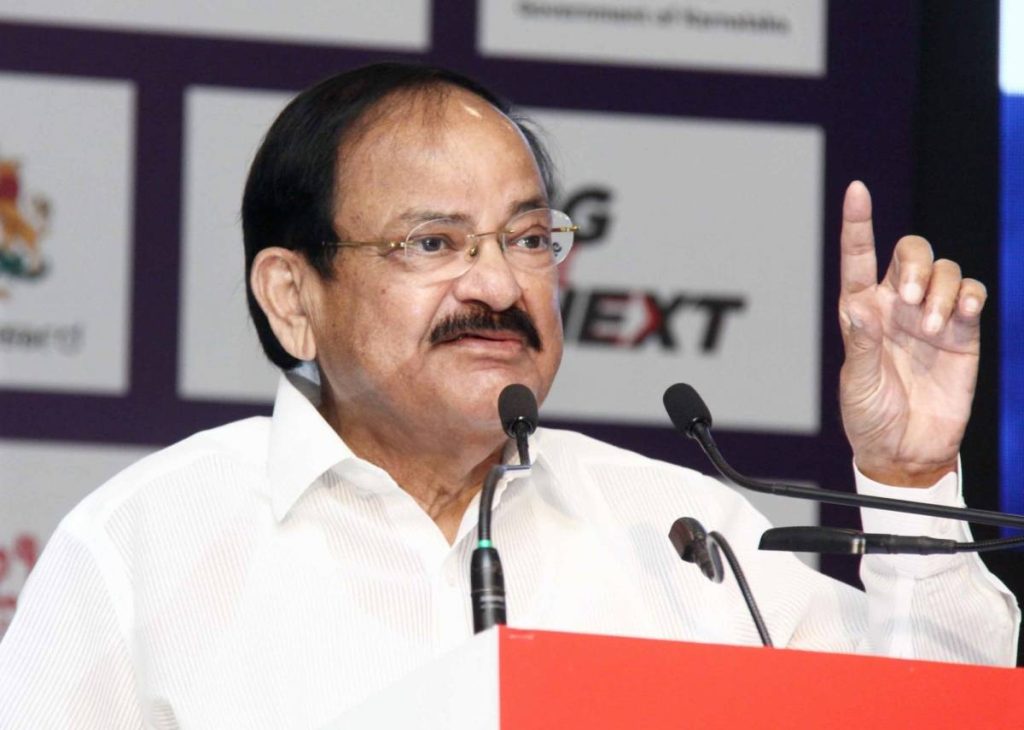
Saying that he had worked in a close association with all political parties and their leaders, Naidu stressed that the rapport and understanding developed out of this experience helped him to enhance productivity in Rajya Sabha and oversee the passage of many landmark legislations. He expected that political parties and its members in the house act in a manner that befits the stature of the Indian Parliament.
Highlighting India’s celebration of 75 years of independence, he said that India has come a long way in these years but there are still many formidable obstacles to progress that must be identified and removed. He further stated that there is a need to ensure equitable access of all the citizens to resources and opportunities to study, work and grow into an enlightened, empowered individual.
At the end, Naidu requested members to follow “3 Ds” – dignity, decency, and debate and do not resort to the fourth “D”, or disruption. “Continuous disruption of Parliament is disruption of democracy”






